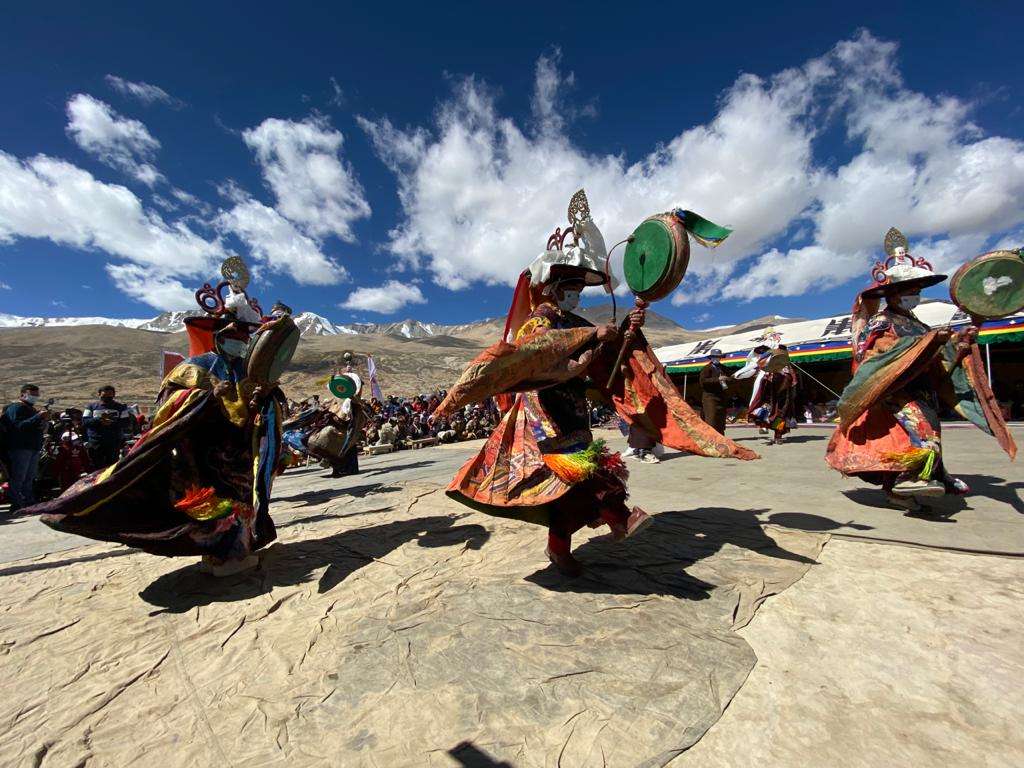In a development of profound political consequence for Ladakh, veteran leader and widely respected statesman Thupstan Chhewang has resigned as Chairman and member of the Apex Body, as well as from the High-Powered Committee (HPC) tasked with negotiating constitutional safeguards for the Union Territory with the Ministry of Home Affairs.
Chhewang’s resignation marks the exit of one of Ladakh’s most influential voices at a critical juncture in the region’s pursuit of Sixth Schedule status and other constitutional protections.
In a statement released to the media, Chhewang reaffirmed his long-standing decision to remain distanced from electoral politics and party affiliations.
“Since stepping away from electoral politics, I have consistently distanced myself from partisan and individual agenda. In keeping with this stance, I hereby resign as Chairman and member of the Apex Body, as well as from the High-Powered Committee. I prefer not to be entangled in competing interests,” he stated.
He expressed gratitude to all members of the Apex Body and the Kargil Democratic Alliance (KDA) for their “wholehearted support” during his tenure.
Thupstan Chhewang’s resignation has triggered a wave of reflection and concern among Ladakh’s political and civil society circles. A towering figure known for his inclusive leadership and principled politics, Chhewang has long stood above partisan divides. Since stepping away from electoral politics in 2018, he remained a central figure in Ladakh’s political discourse — often seen as a unifying bridge between Leh and Kargil, and a key interlocutor with the central government.
In Delhi’s policymaking circles, he was widely regarded as the go-to person for insights into Ladakh’s complex history, aspirations, and sensitivities. He has earned deep respect across both Buddhist and Muslim communities for his balanced approach and long-term vision for the region.
Adding to the political tremors, senior Congress leader and President of the Ladakh Territorial Congress Committee, Nawang Rigzin Jora, also announced his withdrawal from the Apex Body’s sub-committee and the High-Powered Committee.
In a letter addressed to the Apex Body’s Chairman, Jora wrote:
“I am withdrawing/recusing myself from the sub-committee… as well as from the High-Powered Committee. However, the Congress party shall continue to remain part of the Apex Body, support all genuine efforts towards achieving our avowed objectives — including Sixth Schedule and statehood — and criticise any moves that undermine them.”
The twin resignations come at a particularly sensitive time, as Ladakh’s political leadership navigates stalled negotiations with the Centre. The Apex Body and the KDA had previously come together in a rare and historic show of unity following the 2019 reorganisation of Jammu and Kashmir, which resulted in Ladakh becoming a separate Union Territory.
The formation of the High-Powered Committee was viewed as a significant step forward in that struggle. However, the perceived lack of progress, absence of clear commitments from New Delhi, and emerging internal differences appear to have strained the alliance.
The sudden exits of both Chhewang and Jora have raised serious concerns about a possible weakening of the collective resolve that once defined Ladakh’s joint political movement.
Across Leh and Kargil, there is growing unease about what many see as the fracturing of hard-earned unity. At a time when Ladakh is at a crossroads in its demand for constitutional protection, the absence of two key leaders from the negotiating table has left a void and intensified public anxiety about the region’s political future.
